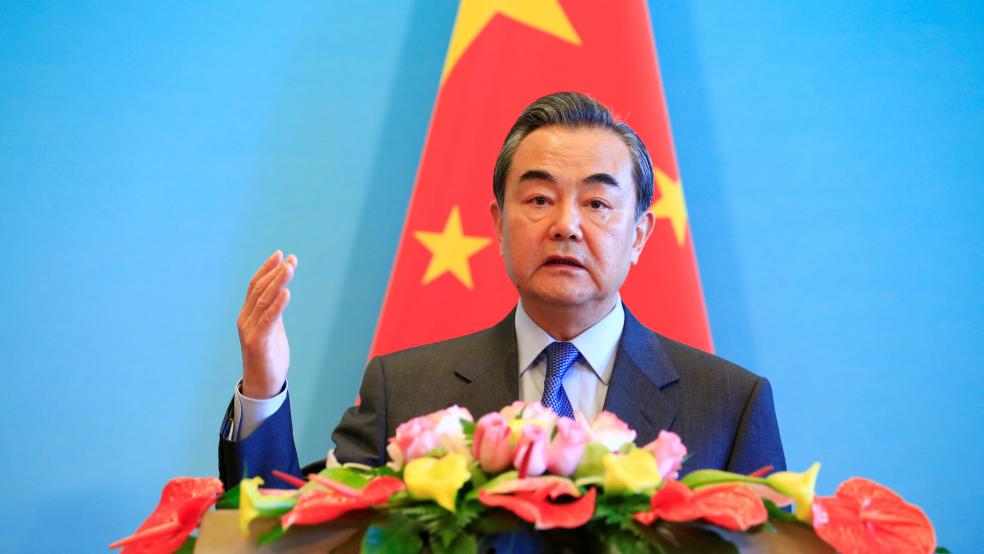The tariff of 30 percent is among the first unilateral trade curbs imposed as part of a protectionist agenda to help U.S. manufacturers, but which has alarmed Asian trading partners that produce lower cost goods. The administration also put a tariff on imported washing machines.
China, the world's biggest solar panel producer, has already branded the move an "over-reaction"."Protectionism is a double-edged sword. It not only wounds others but wounds themselves," foreign ministry spokeswoman Hua Chunying told a daily news briefing.But China is confident in its own economy, which this year will see the scale of domestic consumption overtake the United States for the first time, she said, citing comments the previous day by Chinese Foreign Minister Wang Yi in Chile."This means that after 2018, the world's biggest market will be China," Hua said, adding that the market had been developed on the back of people's sweat rather than having been snatched away from anyone. However, some economists remain skeptical. "It's impossible China's consumption will surpass the U.S. in 2018," said Tang Jianwei, an analyst at the Bank of Communications in Shanghai."Consumption accounts for 70 percent of the U.S. economy, while in China it only accounts for 30 percent," he said. "And China's economy is not as large as the U.S.'s yet."China has not specified how it will respond to the new U.S. tariffs, beyond saying it will defend its legitimate interests.There are many countermeasures China could take, the Global Times tabloid, published by the ruling Communist Party's official People's Daily, said in an editorial on Wednesday. These could include not buying beef from the United States, not sending Chinese there to study and not buying U.S. cars, the widely-read paper said."Despite everything mentioned here, it would be easier for China to sell some of its U.S. treasury bonds, if necessary," it added. "The combined results on the U.S. economy would certainly not add any points to Washington's ruling party."The Global Times does not reflect official government policy, however, and is known for its often stridently nationalist editorial stance. (Reporting by Ben Blanchard; Additional reporting by Stella Qiu; Editing by Clarence Fernandez)After U.S. solar tariff, China calls protectionism a two-edged sword

JASON LEE



